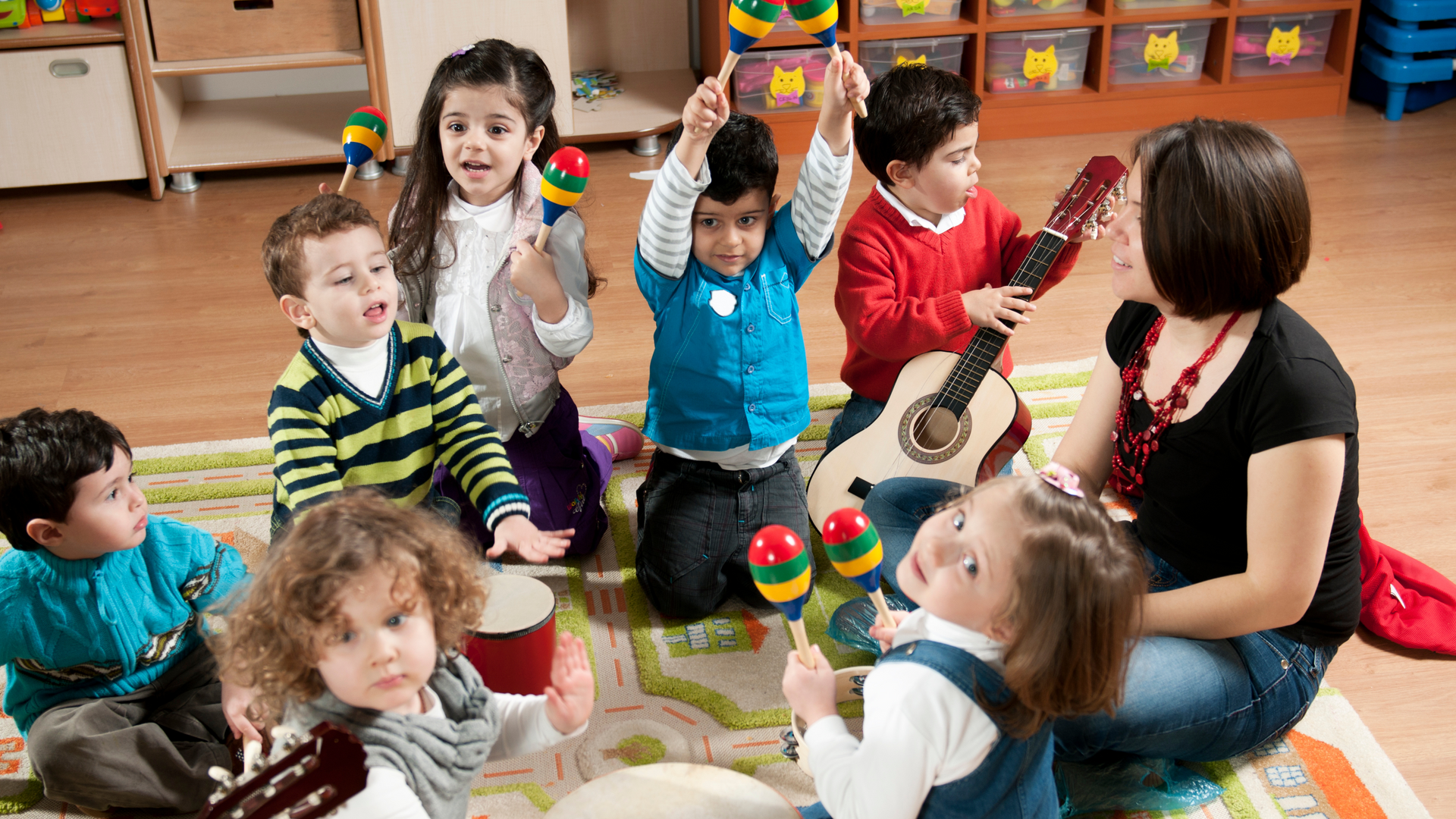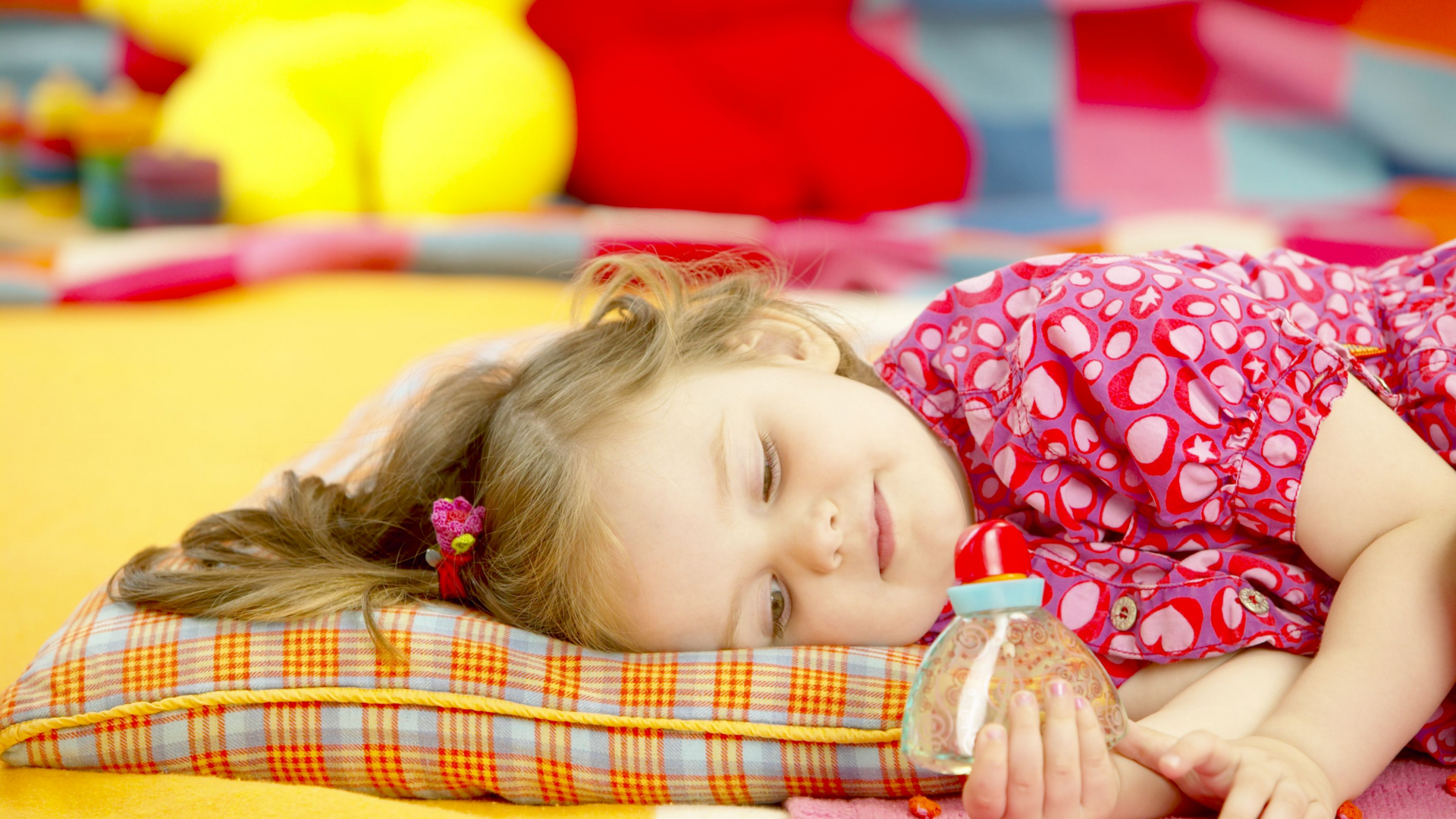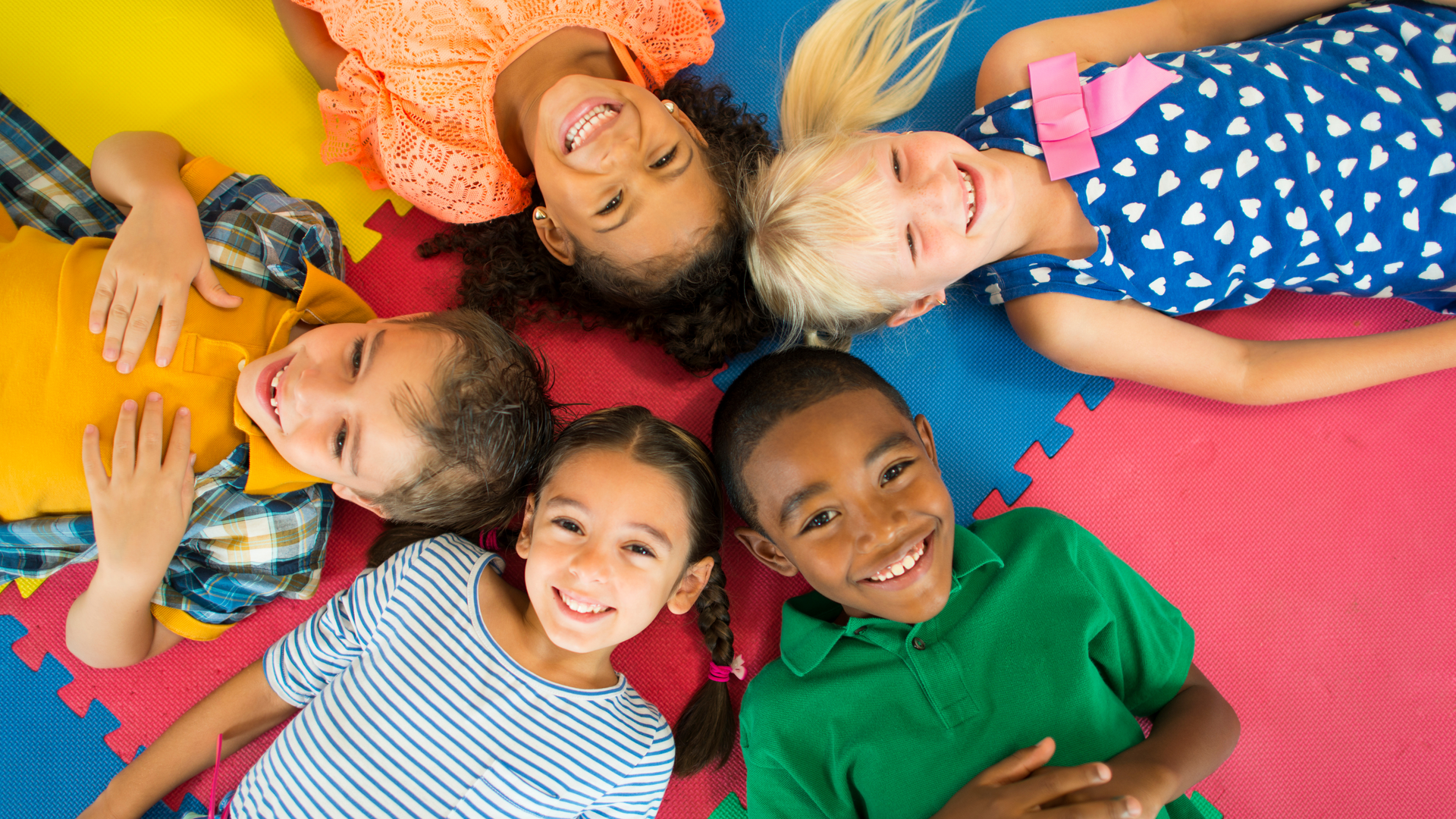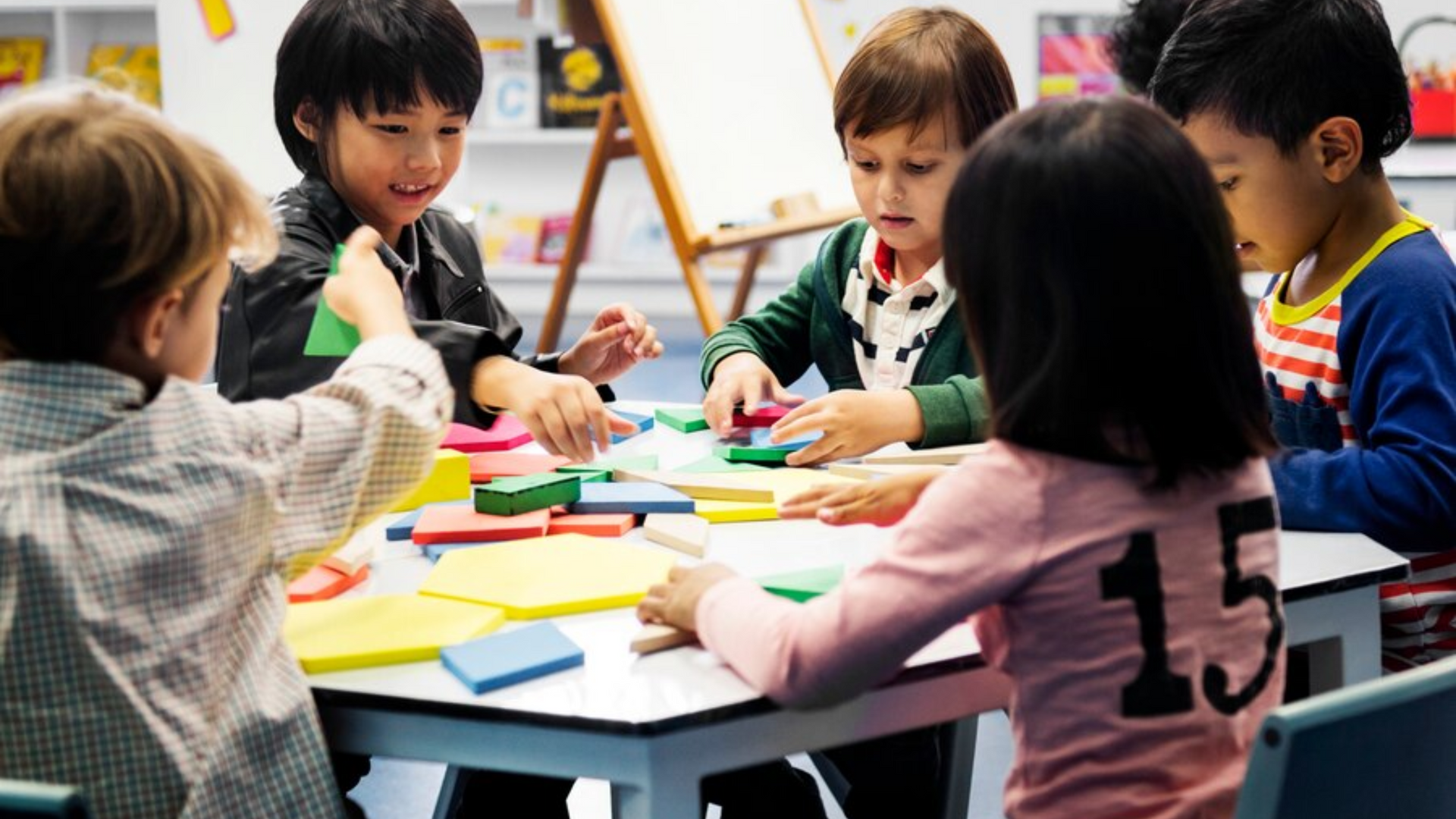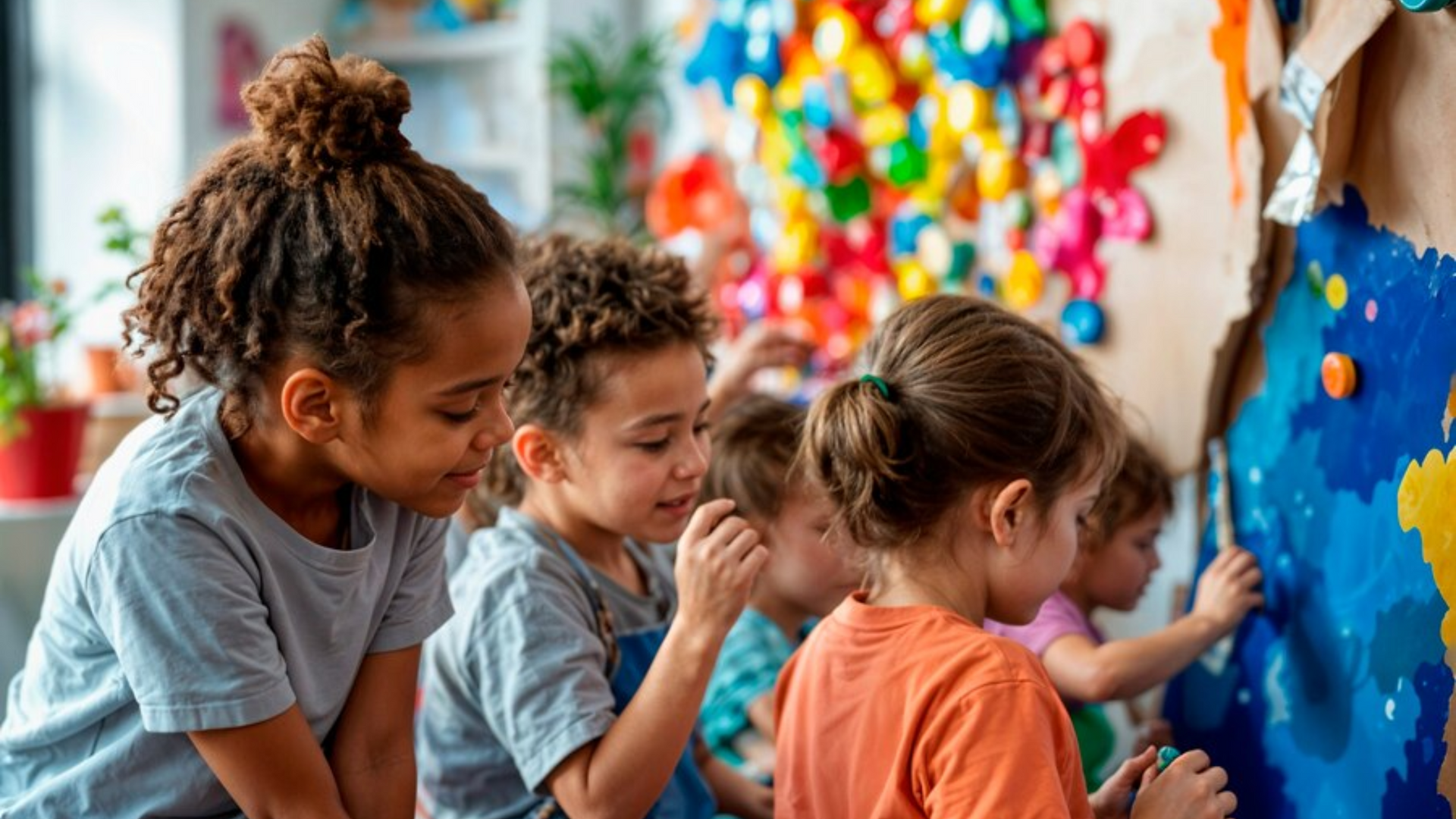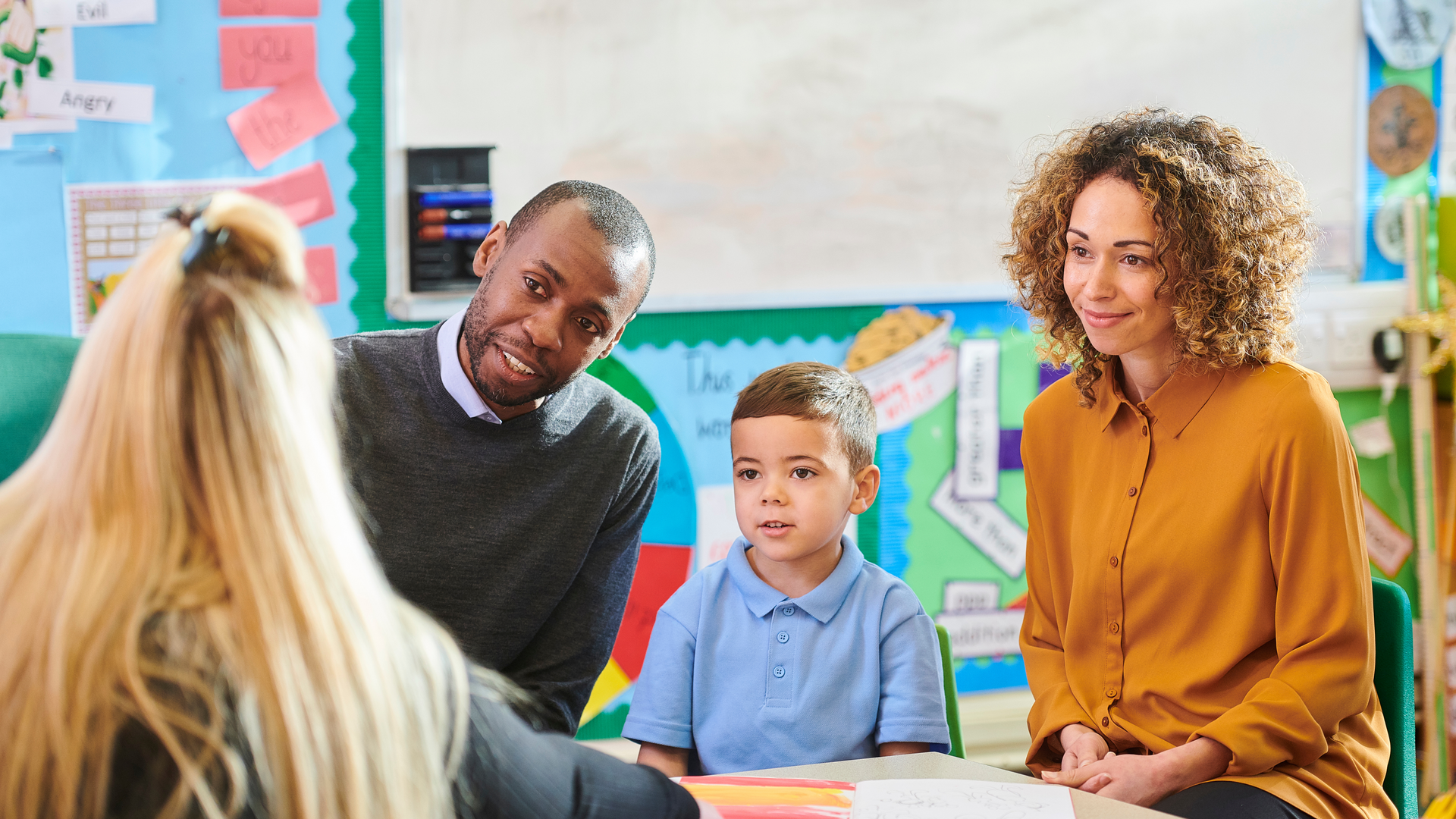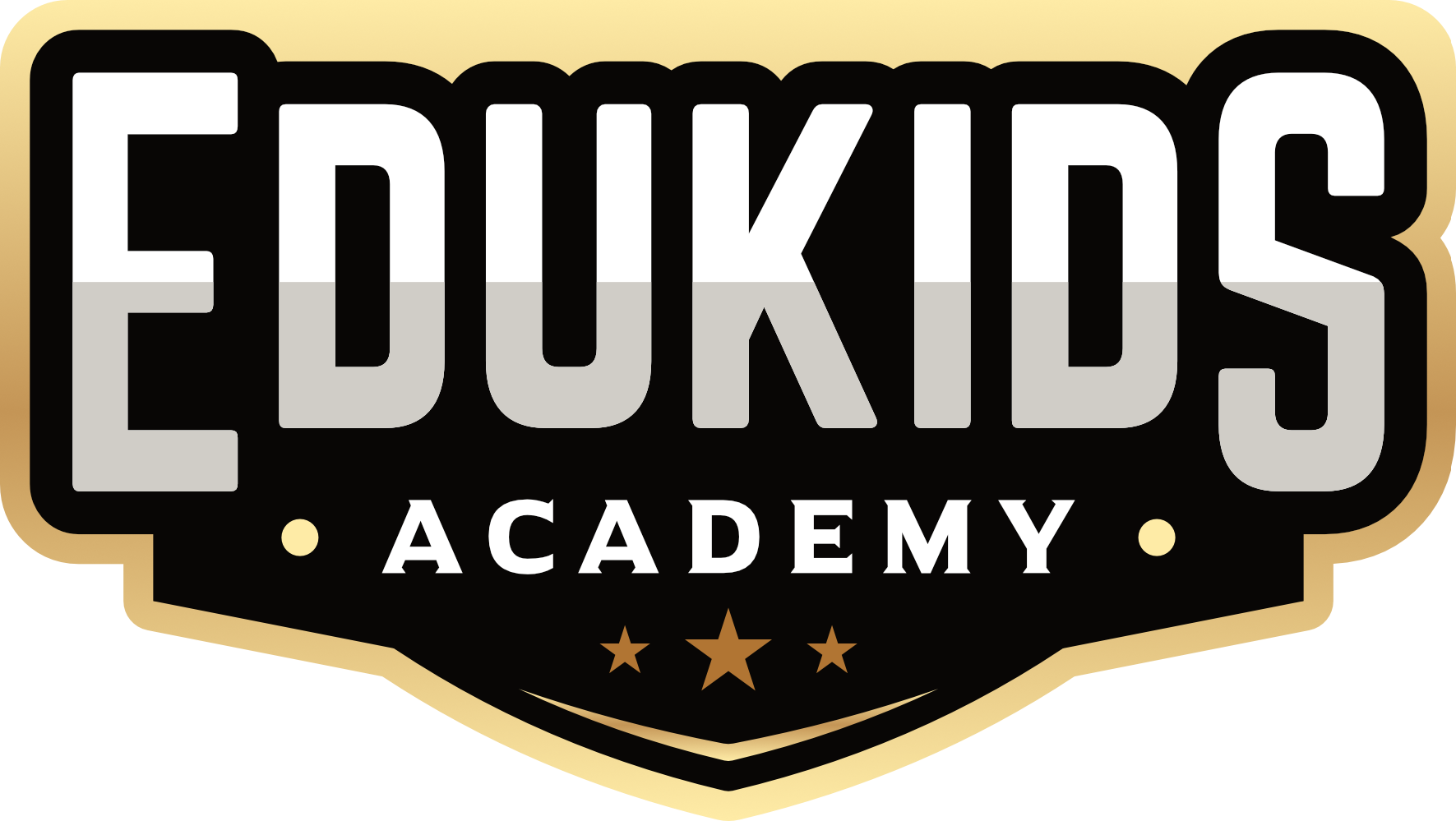Social Skills in Early Childhood: Teaching Empathy, Sharing, and Teamwork

In today’s fast-paced and digitally connected world, social-emotional intelligence is just as important—if not more so—than academic achievement. At Edukids Academy, we understand that early childhood is the prime time to foster the foundational social skills that will help children thrive not only in school but throughout life. From understanding empathy and practicing kindness to learning how to share and work as a team, these early lessons shape future leaders, collaborators, and compassionate individuals.
Developing social skills is a vital part of a child’s holistic development. While academic abilities often take the spotlight, children who know how to manage their emotions, resolve conflicts, and build positive relationships are generally more successful in both their personal and academic lives.
Why Social Skills Matter
Social skills are more than just being polite or following rules. They include a broad set of abilities that allow children to interact appropriately and effectively with others. This encompasses:
- Empathy – Understanding and caring about others’ feelings.
- Sharing and Turn-Taking – Cooperating with others in play and conversation.
- Communication – Expressing thoughts, needs, and emotions clearly and respectfully.
- Teamwork – Collaborating toward common goals.
- Problem-Solving – Managing interpersonal conflicts and disagreements.
Mastering these skills leads to better peer relationships, enhanced self-esteem, and improved academic performance. Children who feel connected and understood are more likely to engage confidently in the classroom.
The Role of Early Childhood in Social Development
The early years are particularly crucial for learning social behaviors. Between ages 2 and 6, children begin to engage in more complex play, move from parallel play to cooperative play, and begin to understand the perspectives of others.
At this stage, children are naturally curious about their peers and want to be included. It’s also when they start to form early friendships, handle group dynamics, and respond to social cues. Providing structured guidance in a nurturing environment makes all the difference.
Teaching Empathy: The Heart of Connection
Empathy is the ability to recognize and respond to the emotions of others. In young children, empathy starts to develop as early as toddlerhood and continues to grow throughout childhood.
At Edukids Academy, we promote empathy through:
- Modeling Compassion: Educators consistently model empathetic behavior by listening actively, validating emotions, and treating others kindly.
- Emotion Coaching: Children are taught to name their own emotions and recognize those of others using tools like emotion cards and mirrors.
- Storytelling: Reading books with strong emotional themes encourages discussion about characters’ feelings and motivations.
- Role-Playing: Pretend play and guided role-playing give children safe opportunities to practice empathy.
Fostering Sharing and Cooperation
Sharing is a skill that doesn’t come naturally to all children—it’s something that must be learned over time with patience and encouragement.
Strategies we use include:
- Turn-Taking Games: Group games and classroom activities that require waiting and cooperation help reinforce sharing in a fun, low-pressure way.
- Praise and Encouragement: Acknowledging kind behavior encourages repetition. “Thank you for sharing the blocks with your friend!” is more effective than general praise.
- Conflict Resolution Tools: When disagreements arise, educators guide children through a simple problem-solving process: identifying the issue, expressing feelings, brainstorming solutions, and making a fair decision.
Cultivating Teamwork and Collaboration
Teamwork teaches children that collective effort often produces better results than working alone. It also helps build leadership, compromise, and negotiation skills.
Edukids Academy creates daily opportunities for teamwork through:
- Group Projects: Whether building a block tower or painting a mural, collaborative tasks foster communication and mutual respect.
- Classroom Jobs: Rotating responsibilities such as line leader or snack helper build a sense of shared contribution and accountability.
- Circle Time Discussions: Group conversations allow children to express ideas and listen respectfully to others.
How Families Can Support Social Skill Development at Home
Reinforcing social learning at home is essential. Parents and caregivers play a critical role in modeling and nurturing these behaviors. Here are a few ways to help your child grow socially:
- Model Social Behavior: Children imitate what they see. Demonstrate empathy, apologize when appropriate, and show kindness to others.
- Talk About Feelings: Encourage children to express how they feel and ask questions about others’ emotions.
- Practice Sharing at Home: Use toys, snacks, and household chores as opportunities to reinforce sharing and turn-taking.
- Encourage Playdates: Supervised interactions with peers allow children to practice social skills in real-life situations.
- Praise Effort and Progress: Instead of focusing solely on outcomes, recognize the steps your child takes to be a good friend or problem-solver.
Our Social-Emotional Curriculum at Edukids Academy
At Edukids Academy, social-emotional learning is integrated into everything we do. From the way we greet each child in the morning to the collaborative activities we design each day, we ensure our environment supports connection, kindness, and cooperation.
Our educators are trained in research-based approaches to emotional intelligence and conflict resolution. We also provide consistent routines and a safe space where children feel confident expressing themselves and building relationships.
Long-Term Benefits of Early Social Learning
Children who develop strong social-emotional skills in early childhood are better equipped to:
- Manage stress and emotions
- Build positive peer relationships
- Engage confidently in learning environments
- Resolve conflicts peacefully
- Adapt to new and challenging situations
These benefits carry over into adolescence and adulthood, forming the foundation for successful careers, healthy relationships, and personal fulfillment.
Conclusion
Empathy, sharing, and teamwork are not just classroom skills—they're life skills. At Edukids Academy, we are committed to creating an early learning environment that nurtures compassionate, confident, and cooperative children.
Our focus on social development empowers children to form meaningful connections, express themselves clearly, and contribute positively to their communities. We believe that investing in social-emotional learning during these formative years sets the stage for a lifetime of success.
If you're interested in how early childhood education can give your child a head start in developing these essential life skills, check out our article on the 7 Advantages of Early Childcare Enrollment. And if you're wondering when the right time is to begin this journey, our guide on What's the Best Age to Start Childcare can help you make the best decision for your family.
